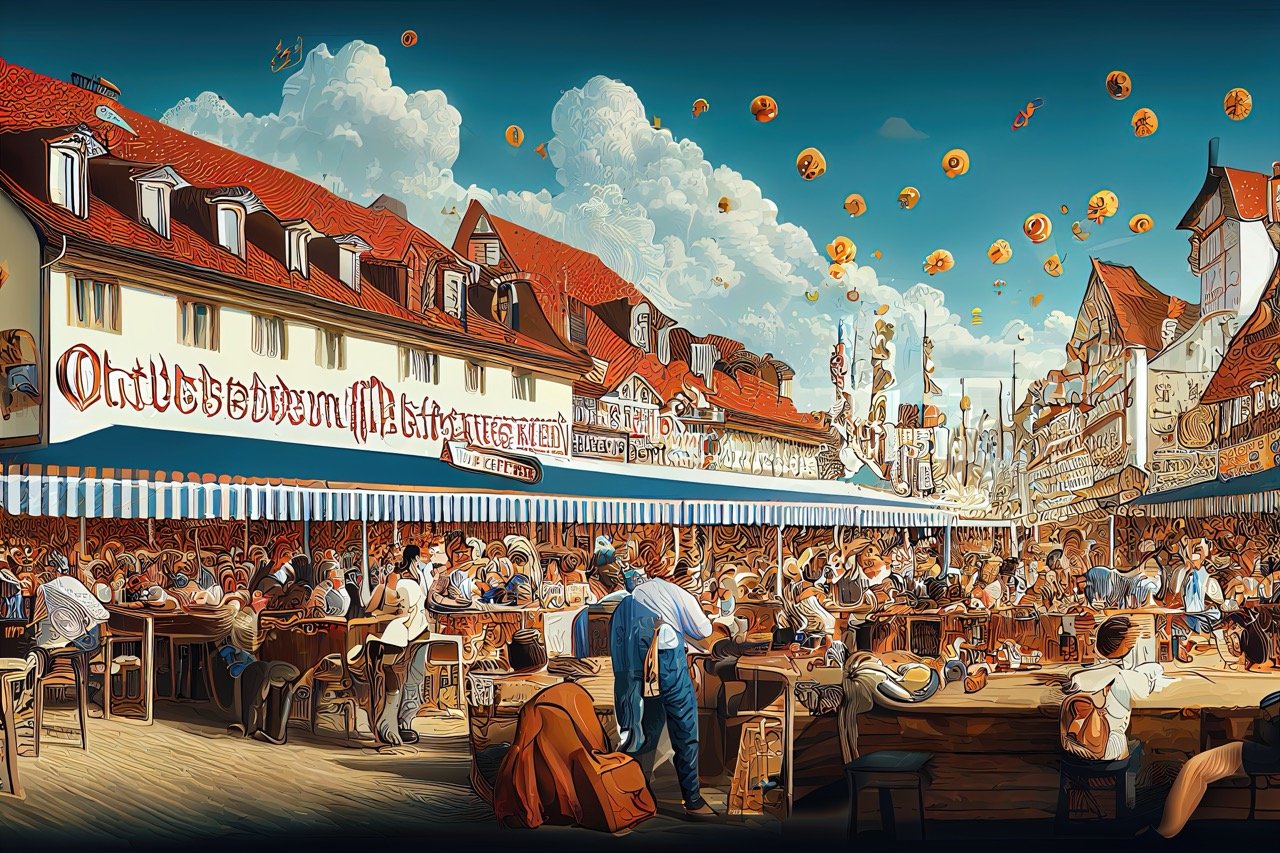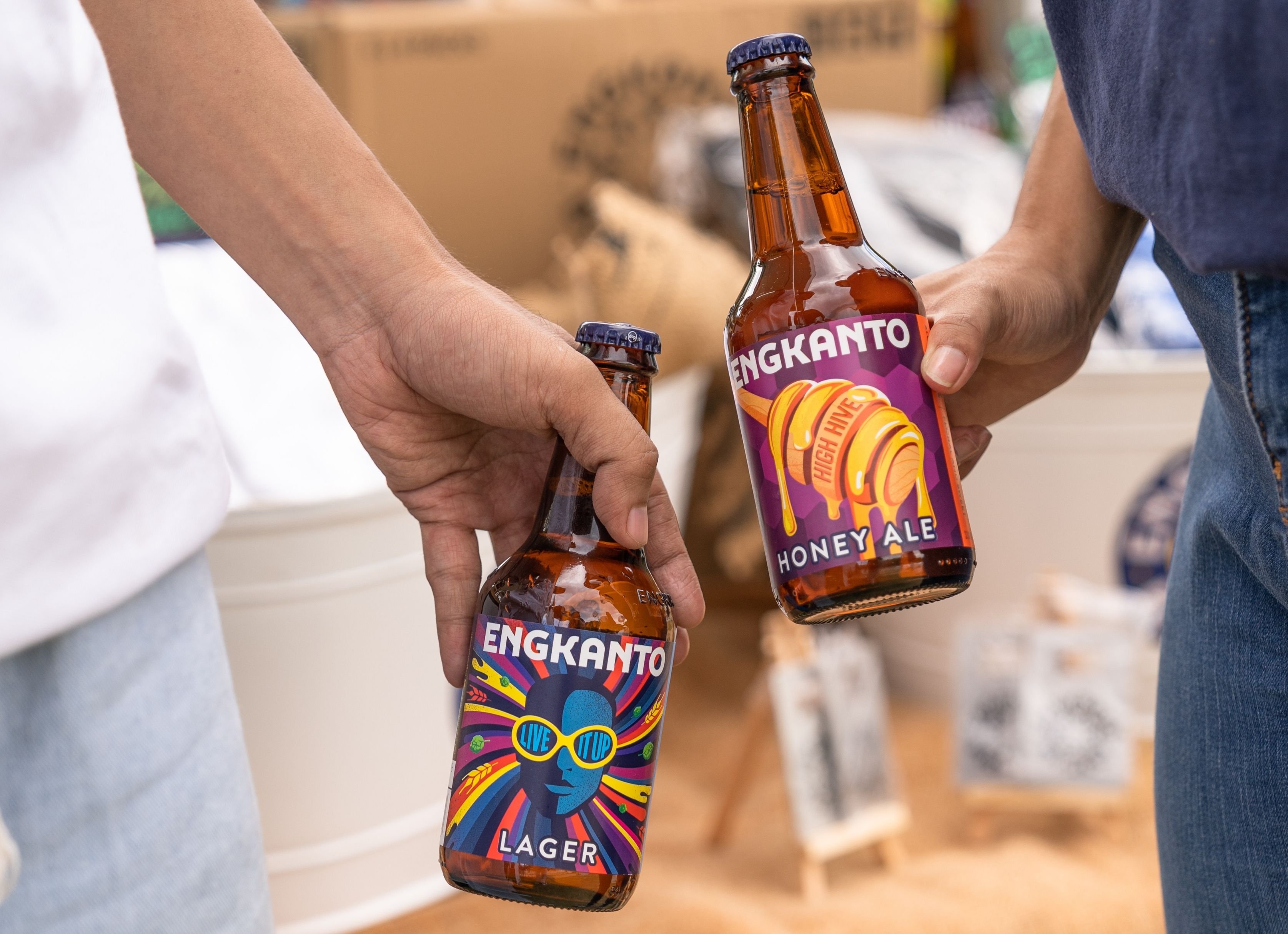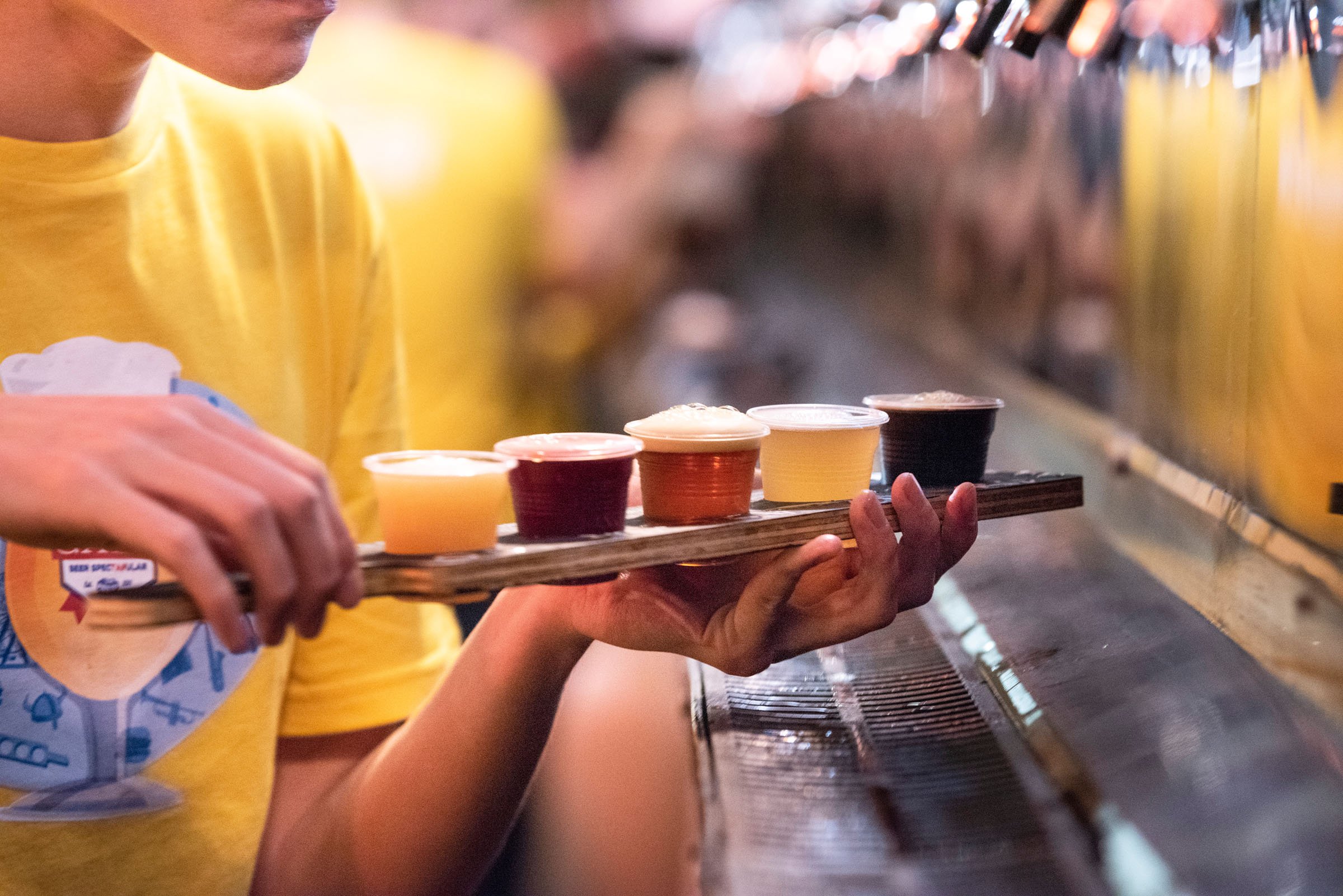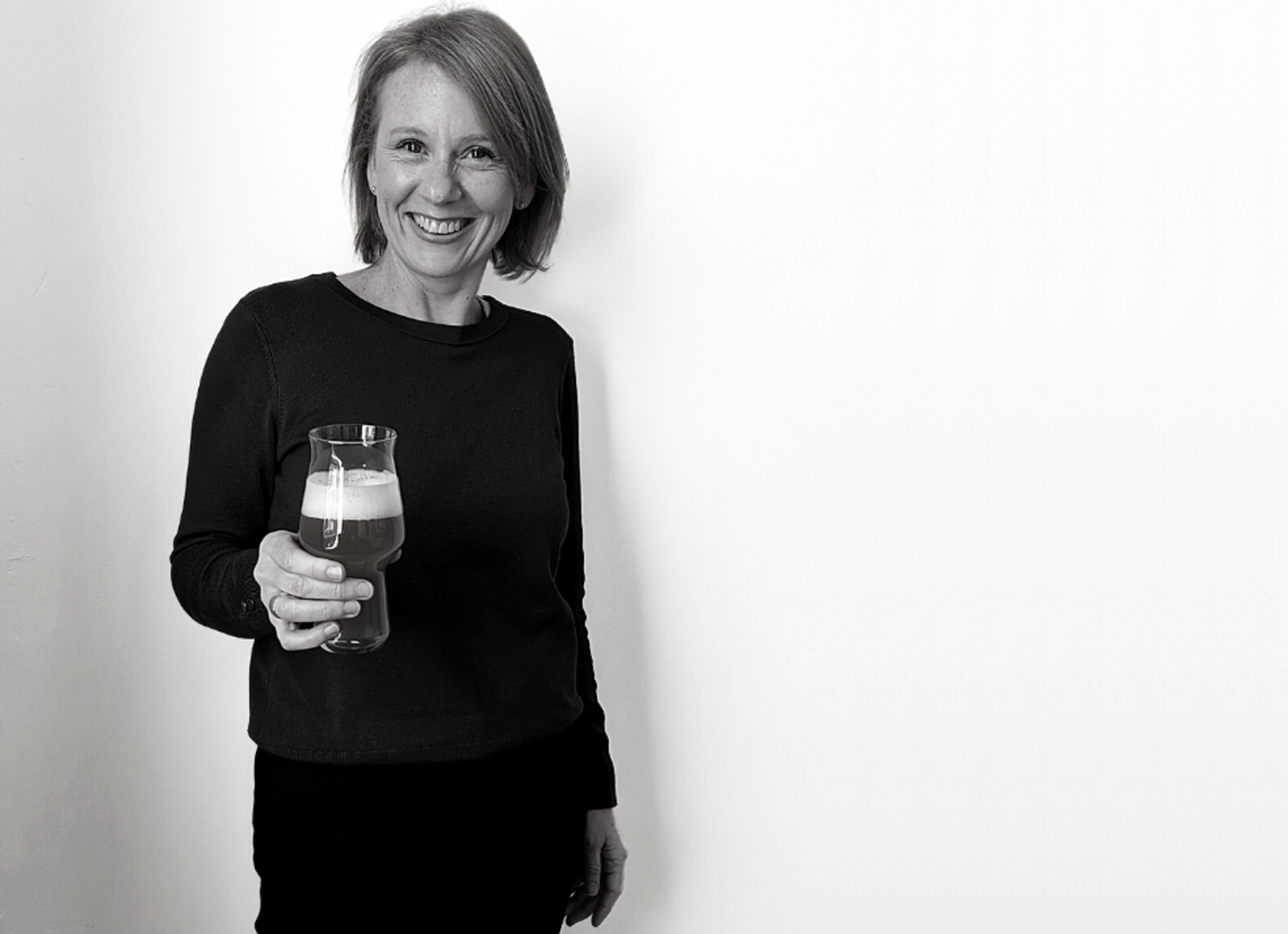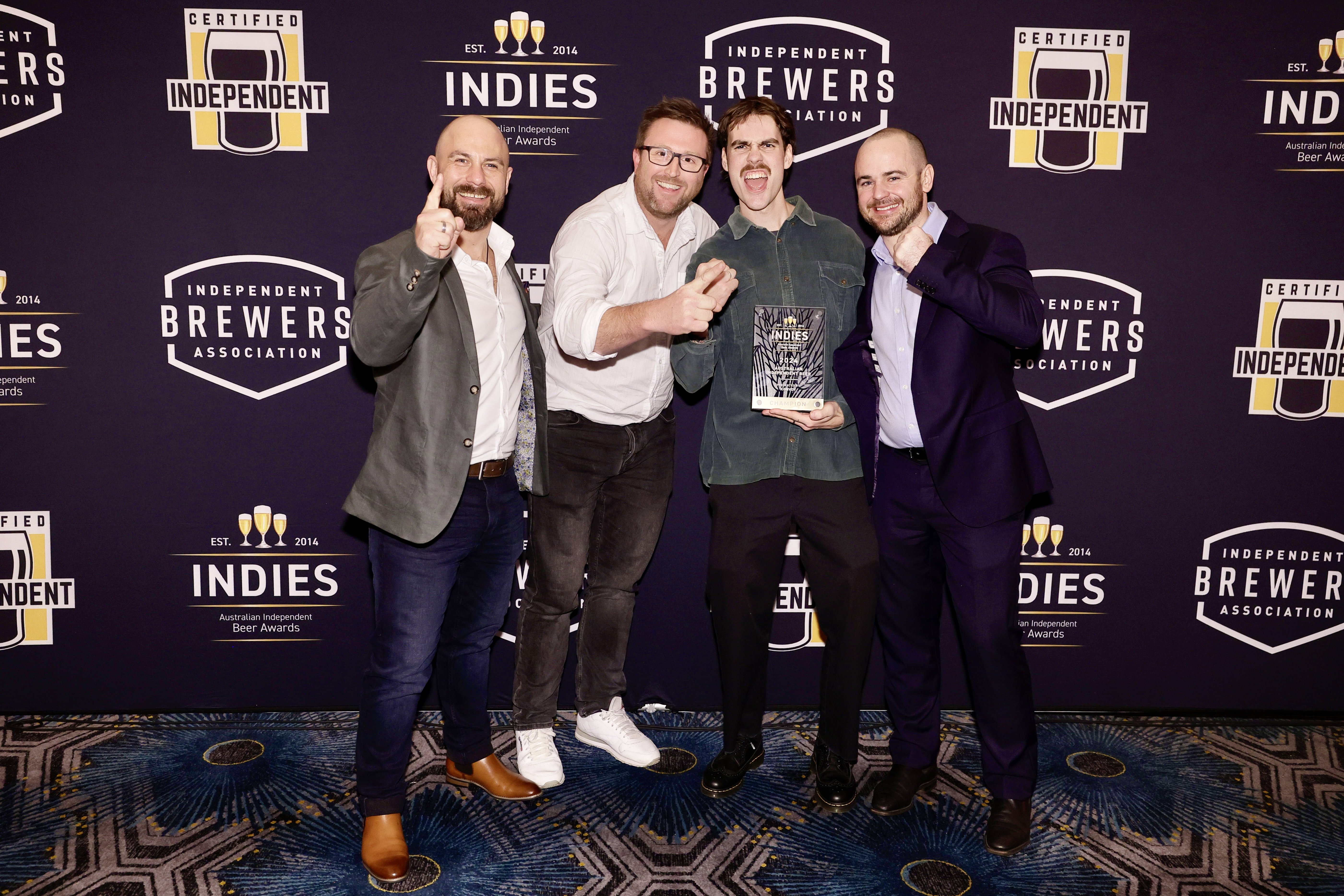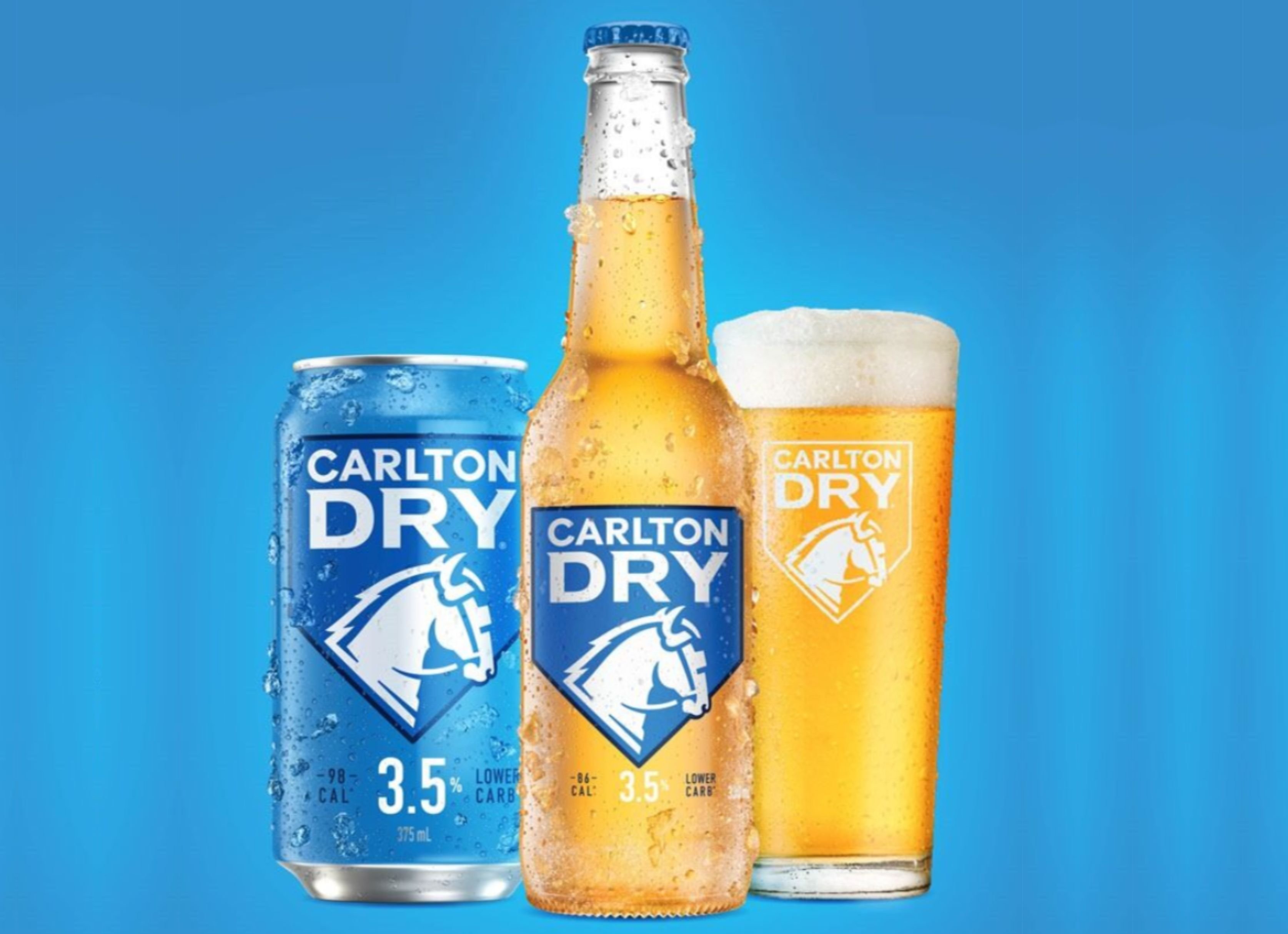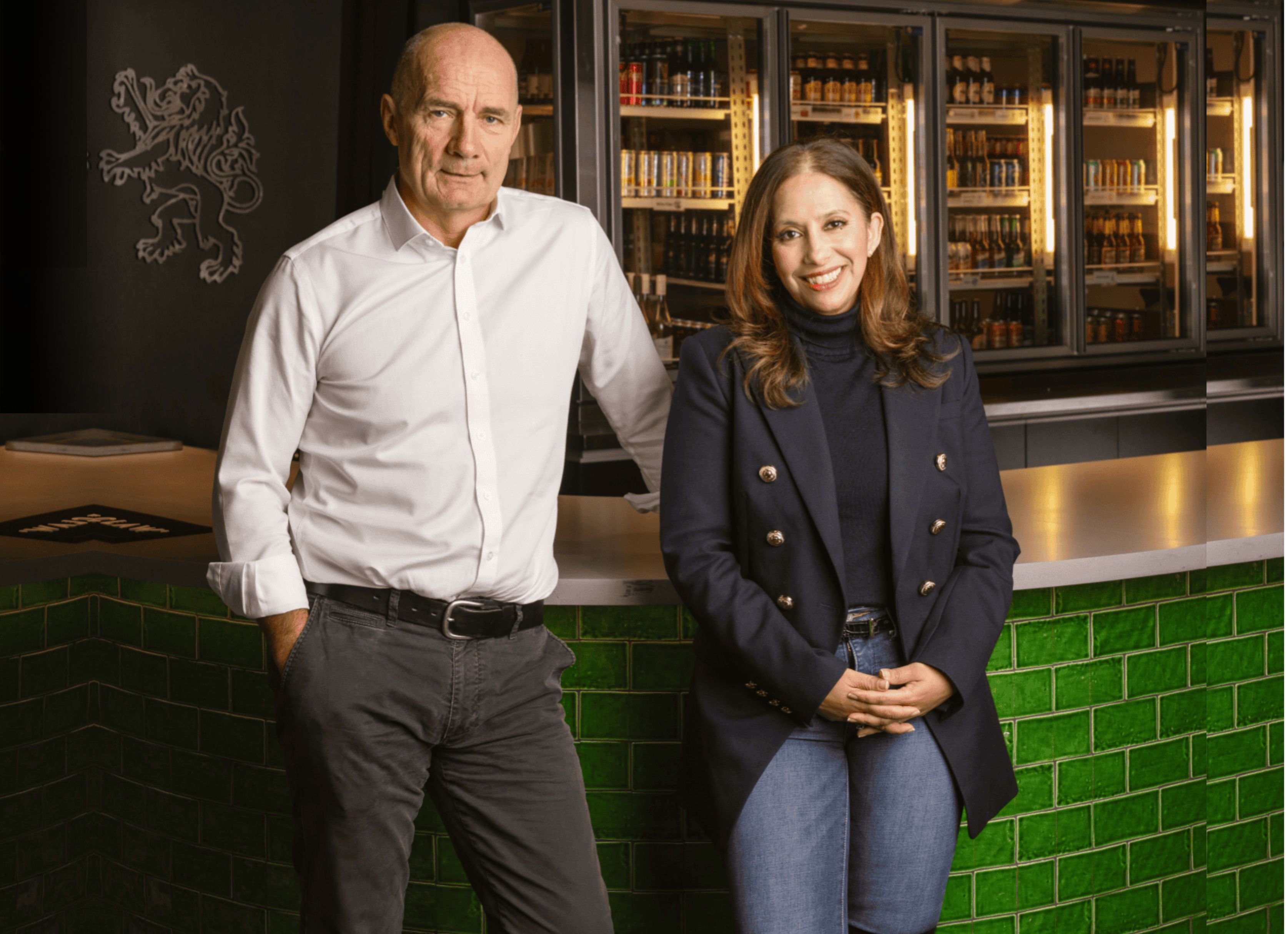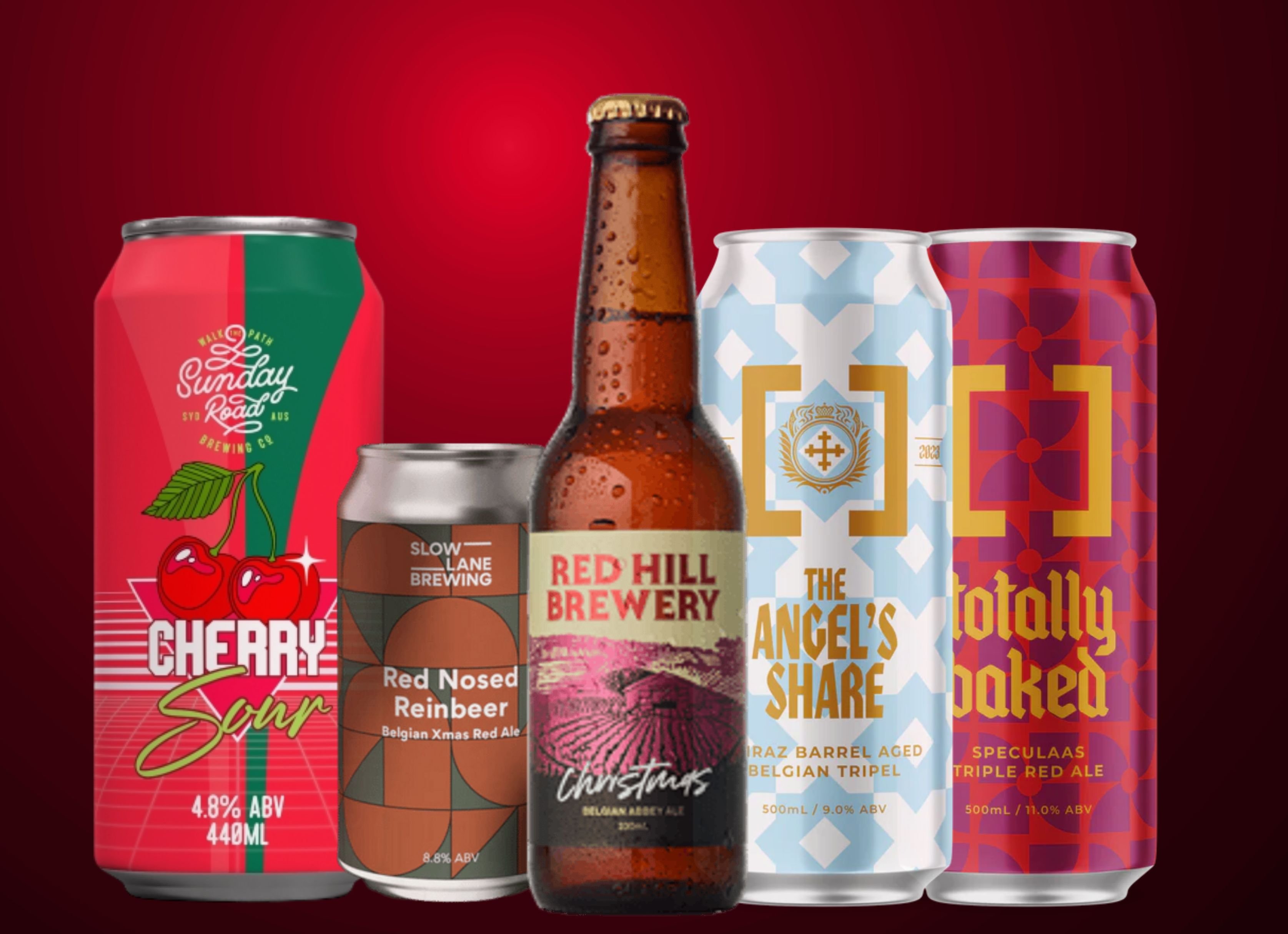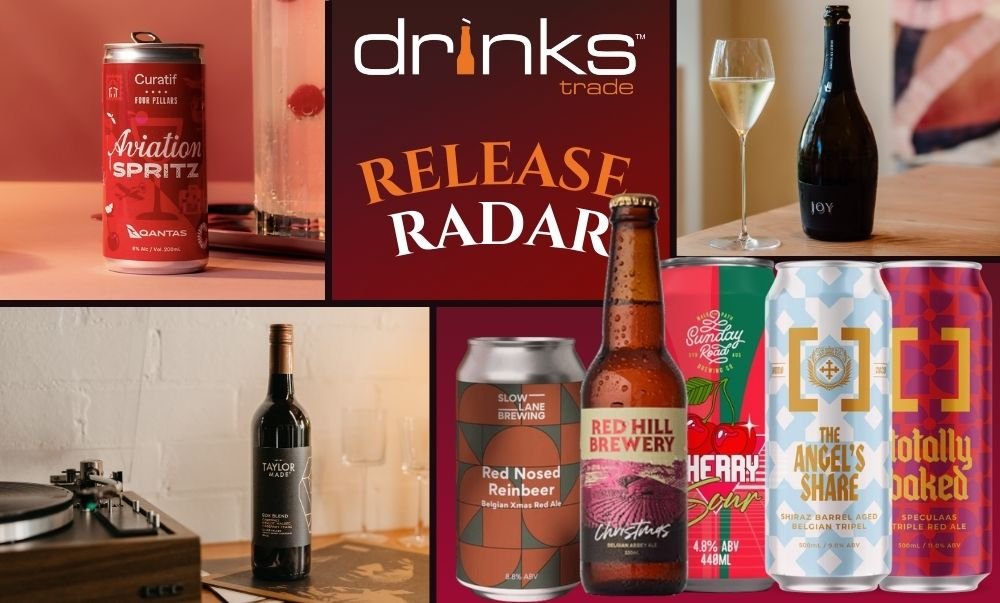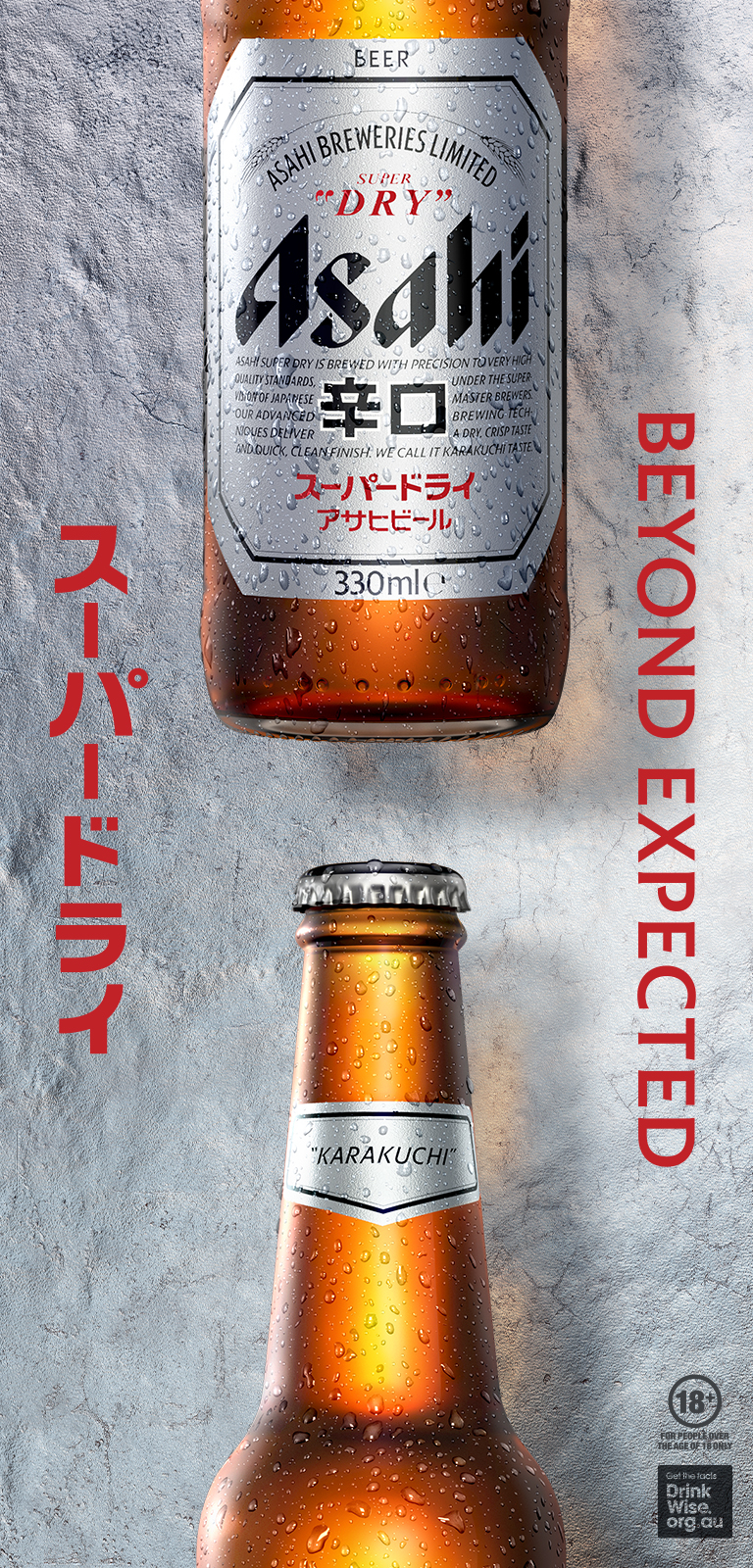Oktoberfest, the world’s most iconic beer festival, needs little introduction. Every year towards the end of September, more than six million international and national visitors attend the event in Munich, Bavaria, with beer consumption averaging around 6.9 million litres.
“Interestingly enough, most of the events in Germany happen in September, so it's the coming of October, but we obviously tend to have ours here in October because we hear the term Oktoberfest [and] I don't think there's a specific problem with that,” said Leif Ryan, Owner of Phoenix Beers, Australia’s importer of Weihenstephan.
Despite the importance of the Munich event, which dates back to 1810, Oktoberfest now has a much broader reach that spans not just other parts of Germany but into other markets such as Australia as well.
Leif Ryan said, “one of the things that I think it is important that the public understands: their perception of Oktoberfest is all about that one event that happens in Munich. Now, what most people don't realise is that tends to be a bit westernised… But all through that southern area of Germany and around Munich and the other cities around that area, they all have their own little beer fests. Weihenstephan has one in the town of Freising, and it’s really a family event.”
Ryan believes that this is what Australian Oktoberfest activations should be aspiring towards.
“I think it's more important that we start to realise that it can be a real family type event where you come in and you have German style foods and the beers and all that, similar to the smaller events in Germany… Definitely we are seeing more and more smaller venues - you know, kid-friendly venues/family-friendly venues - that are looking at this as an opportunity to sort of celebrate rather than just drink.
“The other thing that we're finding at the moment is that we are getting a huge demand for the kegged product. Not only just in sort of bars and clubs and that, but, you know, ALH have recently done a little bit with our kegs. We're sort of finding places that before we couldn't get into are very keen now.”
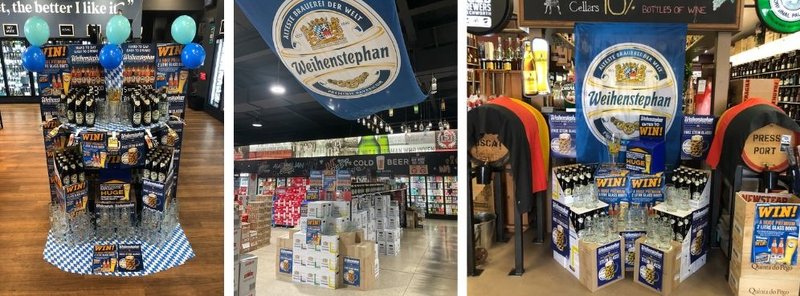
Examples of Weihenstephan activations in Aus 2024
Last year in November, Phoenix beers was forced to heavily reduce the amount of Sierra Nevada beer it brought into Australia citing “persistently high shipping costs, as well as general cost increases.” However, Ryan says sales of Weihenstephan, its most valuable asset, “are picking up every year.
“This is obviously our biggest time of the year (a little bit higher than the Christmas rush, but very similar)… I really feel that more and more sort of ‘normal people’ are starting to enjoy it,” said Ryan.
When asked what he thinks is driving this growth, he says “it always comes back to the quality of the product.
“There's a lot of novelty items out there all the time, and people, I think, have gone through that stage. People are really wanting to have a beer that they know when they buy it, it's going to taste what it's supposed to taste like. I think that sort of concept of the whole weird and wonderful thing, it's starting to slow down.”
Another key component of Oktoberfest are the specialty beers themselves. Typically, Märzen lagers are brewed in March to be ready by the Oktoberfest festivities in September, with those made in Munich often bottled under the geographically protected Oktoberfest beer style.
“When it comes to German beers, of course, it is very much still based on what area you are in,” said Ryan.
“Oktoberfest and the Oktoberfest beers are generally in the southern part of Germany because in the northern part, they tend to not have the wheat beers as a traditional beer: that's very much southern Germany. It's usually warmer in the south, and I think those wheat beers and so on, they just definitely fit better into that sort of climate.
“It’s generally by tradition brewed slightly higher in alcohol, probably around the 6% sort of level, but that's a flavour thing. I don't think a lot of people understand that with levels of around 5.2 to 6%, you get a lot more flavour in your beer.”
While the name Oktoberfest beer is geographically protected within Europe, many breweries in global markets - including here in Australia - are able to market their products as such.
“I think it's great that they're giving it a go to try and mimic some of the styles that they get out of Germany,” said Ryan.
“Some are probably called Oktoberfest beers but they haven't taken enough time to actually make them authentic, but the ones that really put the effort in, I think they do a very good job.”
“I think it's important that people are supporting local breweries as well. We need to have a strong local brewing industry, and it's important that people support those brands.”
//
Marcus Englet explains Weihenstephan, the world’s oldest brewery, ahead of GABS visit
Previously featured in Drinks Trade’s Explained series: Limoncello,Mead, Rakia, Zinfandel
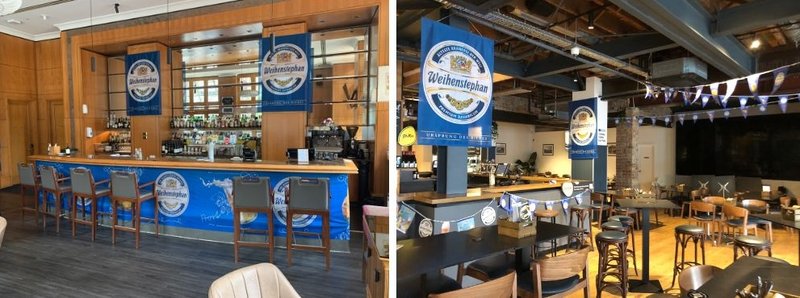
Share the content
